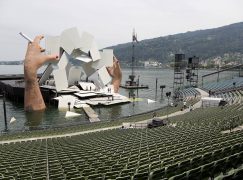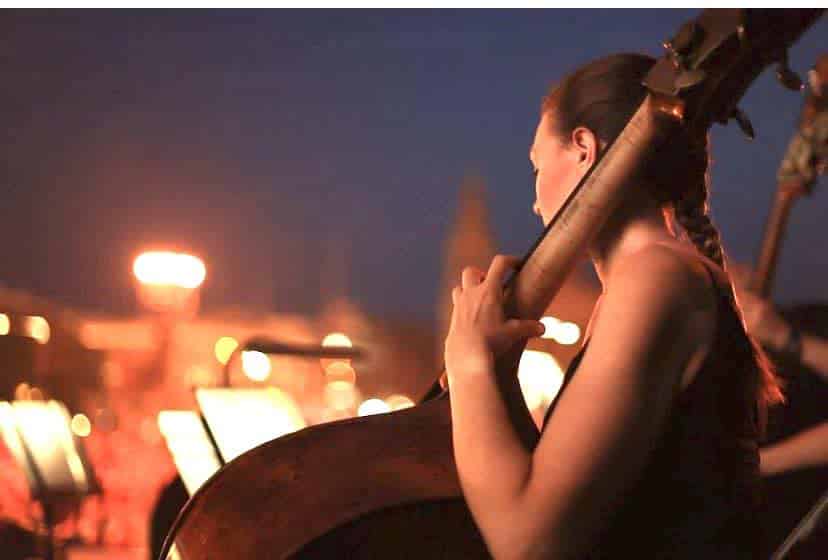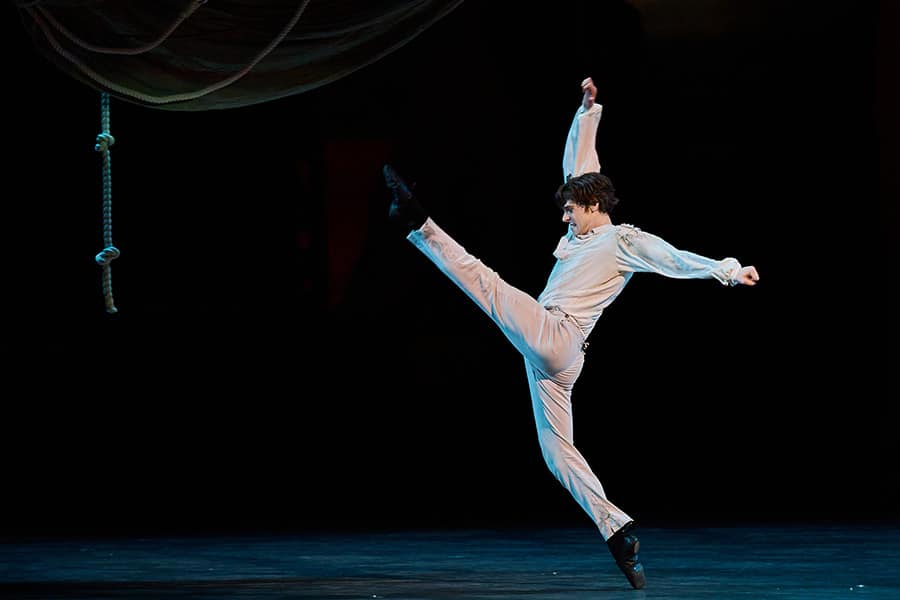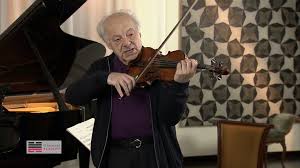Bregenz opens tonight, tickets still on sale
NewsThe Bregenz Festival returns for its 75th season, following the 2020 wipeout.
Boito’s Nerone is the main show on the lake stage.
There are plenty of tickets still online.

The Bregenz Festival returns for its 75th season, following the 2020 wipeout.
Boito’s Nerone is the main show on the lake stage.
There are plenty of tickets still online.
From Georgina McGrath: I’m very sorry to share…

From the general manager’s self-admiring Sunday sermon in…

The press service of the Mariinsky Theater has…

We have been notified of the death this…

Session expired
Please log in again. The login page will open in a new tab. After logging in you can close it and return to this page.
From the website, it looks like Rigoletto is the Seebühne production and that Nero is in the Festspielhaus.
Though it is unclear to me what the difference between the Seebühne and Festspielhaus actually is. Can someone explain? Also, how well do productions on the lake stage work? It seems like an acoustical black hole. Are the singers amplified?
They are back to back. When it rains, the show transfers indoors.
Mr. Osborne, Mr Lebrecht: the Bregenzer Festspiele uses several theatres.
The Seebühne, which is offshore in the Bodensee, plays to an onshore arena which holds 7.000 spectators. Productions for the Seebühne are constructed over the winter and spring months and are used for two years due the size and complexity of the set (“Rigoletto” premiered in 2019; when 2020 was cancelled it was decided to hold it over through 2021). Singers and orchestra are of course miked, but the sound system is state-of-the-art and the best I’ve heard in such an outdoor venue (hundreds of speakers hidden in and around the arena). The chorus sings from the Festspielhaus. The operas are standard repertoire: “Aida”, “Tosca”, “La bohème”, “Die Zauberflöte”, etc.
The Festspielhaus is a large traditional theatre which holds about 2.000. Productions here are mostly operatic rarities played only for three performances. This year it is Boito’s “Nerone”. In recent years they gave Goldschmidt’s “Beatrice Cenci” and Massenet’s “Don Quichotte”.
Since both venues use the Wiener Symphoniker, the schedule is planned so that the operas do not overlap, or sometimes a Festspielhaus production is given at 11:00, and the Seebühne production at 21:00, allowing visitors to see two performances in one day.
The Wiener Symphoniker and Symphonieorchester Vorarlberg also give concerts in the Festspielhaus (Haydn’s “Die Schöpfung” and a semi-staged “Das Rheingold” are on the programme this year).
Smaller opera and theatre productions are given in the Theater am Kornmarkt (among this season’s offerings is Rossini’s “L’italiana in Algeri”).
The large Festspielhaus complex also contains all of the festival offices and rooms used for rehearsals, intimate recitals, lectures, and installations relative to the operas being presented. It also has a large, multi-purpose black box space (the Werkstattbühne), mostly used for fully-staged new and experimental music/theatre works.
Other venues throughout the small town are used, such as Kunsthaus Bregenz. I once saw Stoppard’s “Rosencrantz and Guildenstern are Dead” in the courtyard of a medieval fortress.
There are enough performances and events to occupy a visitor for several days.
I forgot to mention: in case of rain at the time of a Seebühne performance (sunset: 21:15 in July, 21:00 in August) with radar indicating no break, the performance is cancelled and tickets refunded. If it rains for a short time during the performance, 7.000 people pull on plastic raincoats sold throughout the arena. If the rain is heavy or there is a thunderstorm, the show is (usually) paused and the 2.000 attendees in the highest price categories move to the Festspielhaus, where the performance is completed in a drastically stripped-down production. I have great memories of seeing a drenched Azucena sing the final lines of “Il trovatore” while standing on an oil rig many metres above the stage with lightening crackling around her and flames (visible for several kilometres around the lake) shooting out of smokestacks (Robert Carsen’s production also used a motorboat in the lake for the scene in which Leonora is kidnapped).
Thank you for these wonderfully detailed answers. I’m a big Boito fan so I’m going to plan the two hour drive to see it.
Nope. Nerone is in the Festspielehaus. Clear as day here:
https://bregenzerfestspiele.com/en/programme/nero
Naturally, Nerone is NOT the production given on the Seebühne this year, as there is no way you could sell 7000 seats a night with Boito’s wonderful piece. Rigoletto, is on the Lake Stage and Nerone is on at the indoors theatre, as their “rarer” pieces are each year. Thank God the waters of Lake Constance did not rise enough to be of concern to them last week…
I’ve played in the pit under the stage many times where it was close to being flooded, and stage assistants spent whole performances bucketing water from the periphery.
Arrigo Boito’s “Nerone” is a great rarity I’d love to see and hear, even more so than his “Mefistofele” with its great soprano aria “L’altra notte in fondo al mare” that Claudia Muzio recorded incomparably. Boito is as well known for the libretti he wrote for other composer.
I saw a wonderful production of Mefistofele at the Rome Opera and I live only a couple hours from Bregenz, so I hope to see Nero too. Usually not too easy to see both of the operas Boito composed.
To Edgar Self and anyone interested: tonight’s opening of “Nerone” was broadcast live by ORF and is archived for a week. You can listen to it here: https://radiothek.orf.at/oe1/20210721/647587?origin=oe1.orf.at
As far as “L’altra notte”, Muzio is indeed wonderful, but I prefer Lina Bruna Rasa’s recording, a truly pazza Margherita.
William Osborne, if you do see them please try to give us a report. I envy you. You live in a beautiful part of the world, when the weather is good.
Many thanks to A. Bosch, who speaks the truth, Hieronymously. No-one could throw away a line like Muzio, although Bruna-Rasa was the only singer to be taken from a mental asylum by a composer, Pietro Mascagni, to a recording session and returned afterward. I willl surely try to see ORF’s transmission of “Nerone” at the site you name.